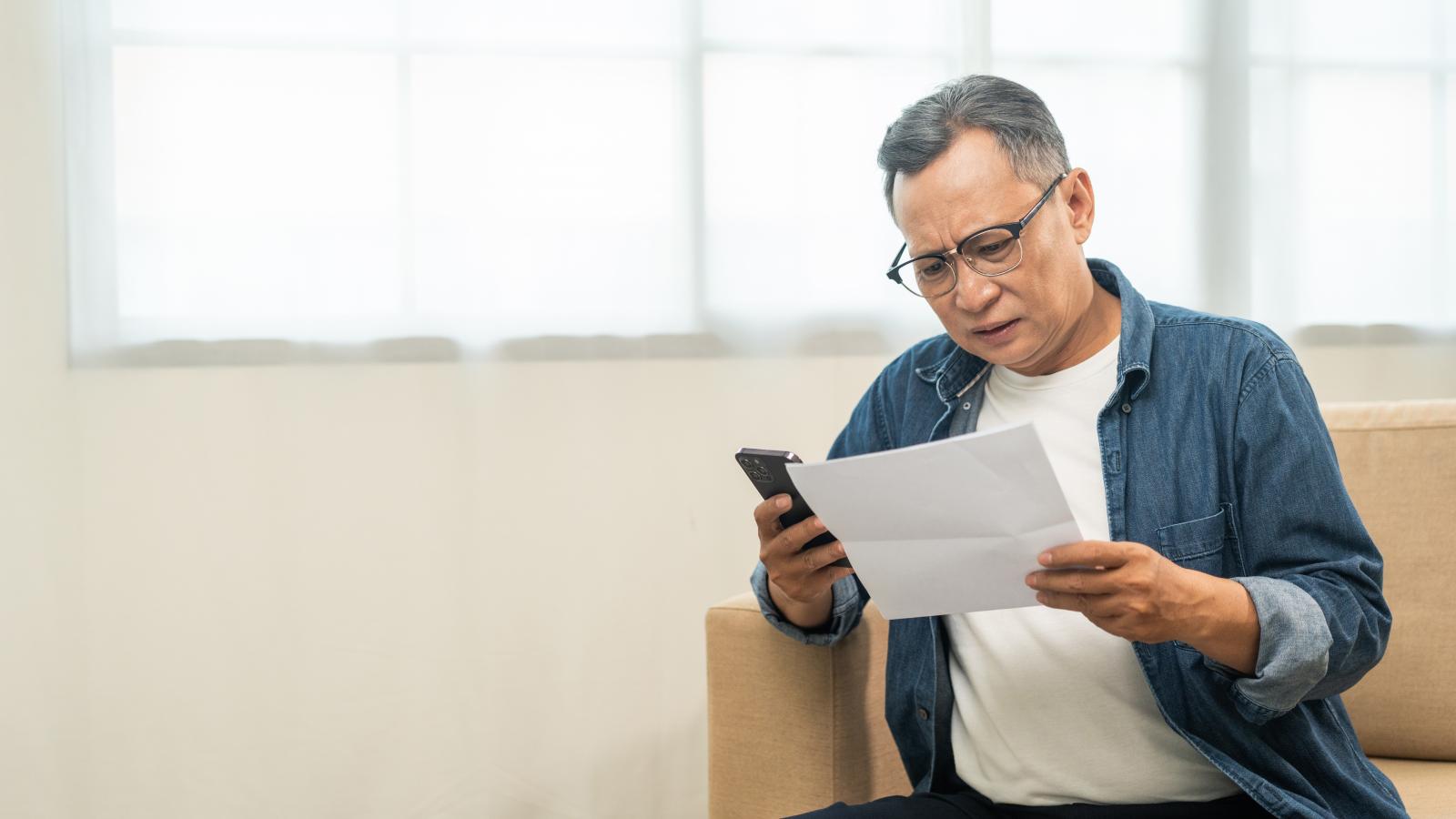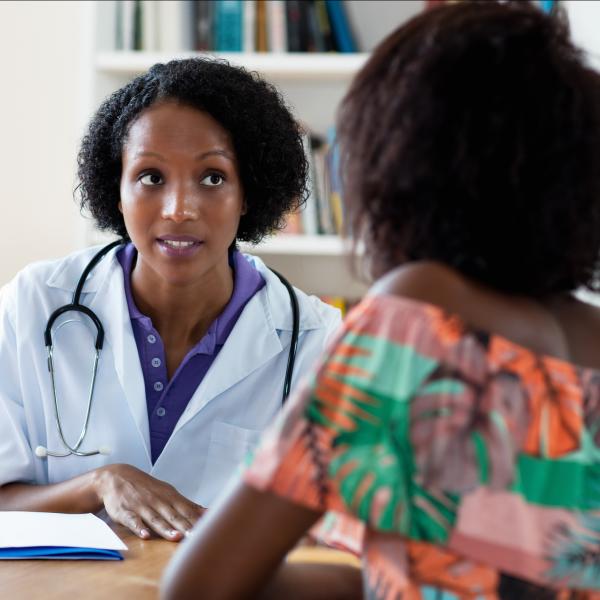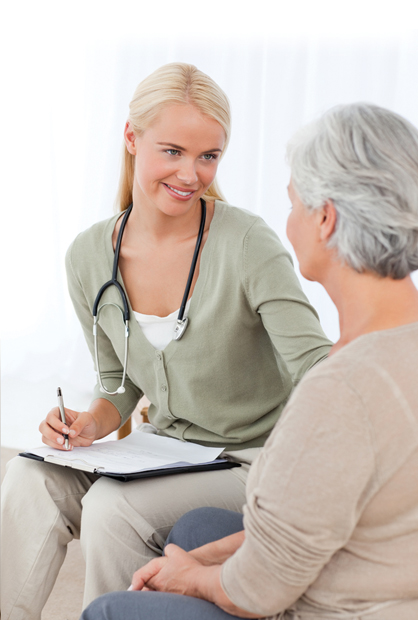Coping at home between appointments

It can be overwhelming to take in all the information a doctor gives you, especially if you’re feeling anxious. Sometimes we leave a medical appointment wishing we’d asked more questions or got more information.
Feeling confused or having unanswered questions about your illness, treatment or side-effects can lead to worry when you’re at home. You may feel alone and not know where to go for support.
It’s important to know what to do or who to contact if you have any symptoms or concerns. For some symptoms the hospital may prefer you to contact them, other times your GP might be the best person. Ask about this and get names and phone numbers, including out-of-hours contact numbers, so you know who to contact if you have any problems.
If you’re not sure who to call, our cancer nurses can advise you. Call our Support Line on 1800 200 700 or visit a Daffodil Centre.
Who can give me health information and support?
Specialist nurse / oncology liaison nurse at the hospital
Your specialist nurse can offer emotional and medical support and is often the best person to advise on what to do if you have an issue or concern. They also know what supports are available and how to access them. Your specialist nurse has the experience to know if your issue or concern needs to be reported to your specialist doctor.
Your GP
Your GP is your primary doctor – they get letters from the hospital and can often help in determining if symptoms are related to cancer or previous treatments. They can contact your hospital team, if needed. GPs can also help you if you’re finding it hard to cope.
Your local pharmacist
Pharmacists can be a great source of information –They can help with some of your healthcare questions and advise on medicines.
Irish Cancer Society cancer nurses
Call our nurses on 1800 200 700, email supportline@irishcancer.ie or visit a Daffodil Centre if you have any worries or questions. The nurses can support and advise you.
Watch Tony's story
Adult literacy learner Tony Moloney shares his experience and tips.

You may worry that side-effects or health problems are a sign that your cancer has come back. This can be very distressing. Speak to your doctor if you’re worried.
Coping with symptoms
If you are worried or notice any new symptoms between appointments, tell your GP or call your specialist nurse for advice, especially if you have:
- A pain that does not go away, usually in one place
- New or unusual lumps or swelling
- Nausea, vomiting, diarrhoea or loss of appetite
- Unexplained weight loss
- A fever or cough that does not go away
- Unusual rashes, bruises or bleeding
- Any other symptom you are concerned about
If you become suddenly unwell and can’t contact your specialist nurse or hospital team, go to your GP or the emergency department at the hospital.
For more information
Phone
1800 200 700



